How to profit as the tech revolution transforms mining
John Stepek looks at how some of the hottest trends in the tech world are transforming the lowest-tech industry of them all – mining.

Get the latest financial news, insights and expert analysis from our award-winning MoneyWeek team, to help you understand what really matters when it comes to your finances.
You are now subscribed
Your newsletter sign-up was successful
Want to add more newsletters?

Twice daily
MoneyWeek
Get the latest financial news, insights and expert analysis from our award-winning MoneyWeek team, to help you understand what really matters when it comes to your finances.

Four times a week
Look After My Bills
Sign up to our free money-saving newsletter, filled with the latest news and expert advice to help you find the best tips and deals for managing your bills. Start saving today!

What's the opposite of a tech stock?
I know, it's a bit of a weird question. But if you had to pick a sector that was at the other end of the spectrum from the technology stocks, I think it's fair to say that most people would pick the mining industry.
Mining is all about pick axes and brawn and real' stuff you can touch not sitting in offices dealing with the virtual' world through a touchscreen. It's about great big diggers, not teeny tiny smartphones.
MoneyWeek
Subscribe to MoneyWeek today and get your first six magazine issues absolutely FREE

Sign up to Money Morning
Don't miss the latest investment and personal finances news, market analysis, plus money-saving tips with our free twice-daily newsletter
Don't miss the latest investment and personal finances news, market analysis, plus money-saving tips with our free twice-daily newsletter
Mining is low-tech. Tech is well, high-tech.
But this might not be the case for much longer.
And that could open up some very interesting investment opportunities.
The big problem with miners
Miners were among the most despised stocks during the tech boom. Then, the tech crash coincided with the start of the commodity bull market as people ditched virtual' profits and embraced real assets.
More recently, as all the talk has turned to social media and other hot tech stocks again, the miners and the commodity sector have gone off the boil and become less popular.
And yet, some of the biggest trends in technology drones, big data', automation could be about to transform the mining sector. There was a really interesting piece in the FT yesterday, looking at how miners are starting to use the internet of things' to make their operations more efficient.
We'll get on to that in a moment. First, let's just outline the big problem the miners have faced in the past their operations are extremely cyclical. To cut a long story short, when prices are low, nobody digs stuff out of the ground. As a result, you eventually run out of stuff, and the price goes up.
As the price goes up, more and more people dig more and more stuff out of the ground. They stop caring how much it costs to do this, because they start to believe that the price of stuff is always going to go up.
But eventually, there's more than enough stuff. And the price falls again.
The biggest problem here and the prime reason that mining is so cyclical is the huge lag between prices changing, and behaviour changing. It takes a really long time to get a mine up and running. So, reacting in a timely fashion to changes in supply and demand is very difficult.
But the other problem is that efficiency goes out of the window during the boom times. Everyone is clamouring for staff, equipment, and resources. Costs soar, offsetting the benefits of rising commodity prices.
What would really help from an investment point of view is if miners could boost productivity and profitability from the mines they already have in production.
And this is where the internet of things' comes in. As one mining expert tells the FT's James Wilson, "there is enormous slack in many mining systems. The industry has not been run with manufacturing discipline".
Underground fibre optic cables and wifi networks allow miners to communicate and monitor productivity more efficiently. Big data analysis and collection allows them to get to grips quickly with both the quality of ore and how it should be processed. Meanwhile, automating vehicles cuts costs.
In short, it's all about building better mines exactly like building a better factory, or even a better online business model.
A new picks and shovels' play on the mining sector
However, this shift also throws up some interesting investment opportunities in other areas. Back in the days when everyone was talking about the commodity supercycle, the smart way to invest in mining was to buy picks and shovels' stocks. That is, the companies supplying the gear that miners needed.
So, you'd be looking at conveyor belt suppliers or companies that sold the massive tyres needed for the miners' monster trucks. Those sorts of companies might not do quite as well these days if miners are being more sensible and efficient about their use of kit.
But the companies that can help them to be more efficient those that help them to analyse big data, or that can produce drones and self-driving trucks look set to gain a significant new source of customers.
We'll be looking at this topic in more detail in an upcoming issue of MoneyWeek magazine. If you're not already a subscriber, subscribe to MoneyWeek magazine.
Our recommended articles for today
We've just seen the biggest ever lithium deal what's next?
Do we really need so many charities?
On this day in history
17 July 1981: The Queen officially opens the Humber bridge
Get the latest financial news, insights and expert analysis from our award-winning MoneyWeek team, to help you understand what really matters when it comes to your finances.

-
 Should you buy an active ETF?
Should you buy an active ETF?ETFs are often mischaracterised as passive products, but they can be a convenient way to add active management to your portfolio
-
 Power up your pension before 5 April – easy ways to save before the tax year end
Power up your pension before 5 April – easy ways to save before the tax year endWith the end of the tax year looming, pension savers currently have a window to review and maximise what’s going into their retirement funds – we look at how
-
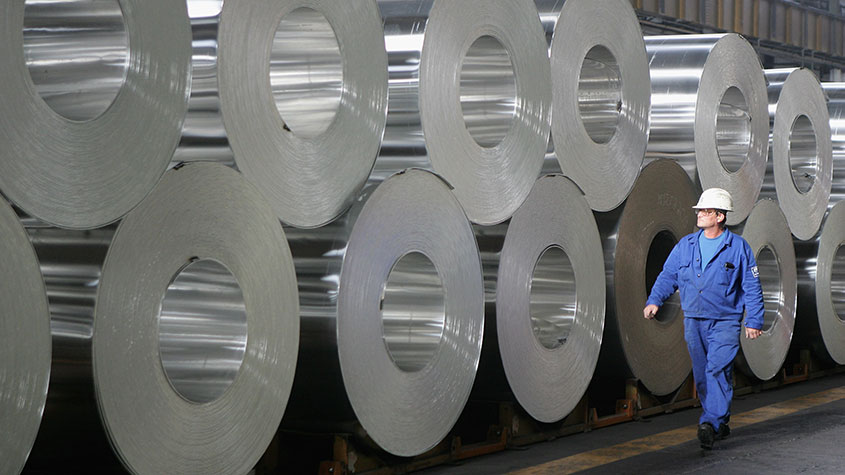 These 2 stocks are set to soar
These 2 stocks are set to soarTips The returns from these two aluminium and tin stocks could be spectacular when the commodity cycle turns says David J Stevenson.
-
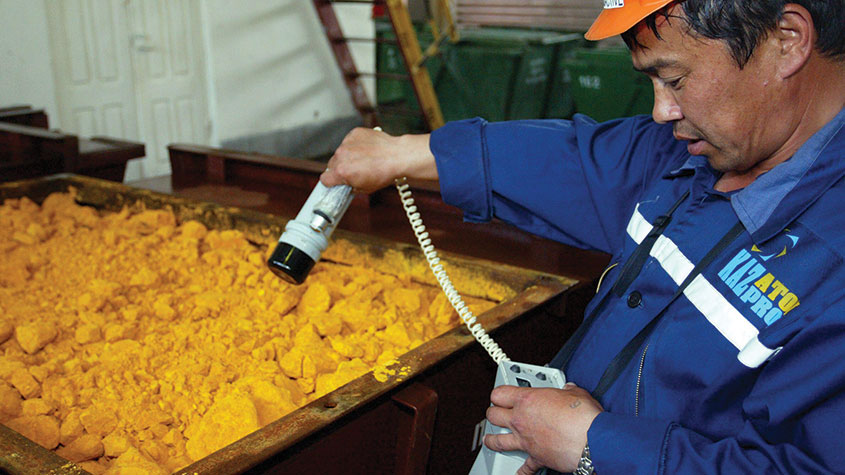 The best ways to buy strategic metals
The best ways to buy strategic metalsTips Weaker prices for strategic metals in the alternative-energy sector are an investment opportunity, says David Stevenson. Here, he picks some of the best ways to buy in.
-
 A lesson for investors from a ill-fated silver mine
A lesson for investors from a ill-fated silver mineAnalysis Mining methods may have changed since the industry’s early days, but the business hasn’t – digging ore from the ground and selling it at a profit. The trouble is, says Dominic Frisby, the scams haven't changed either.
-
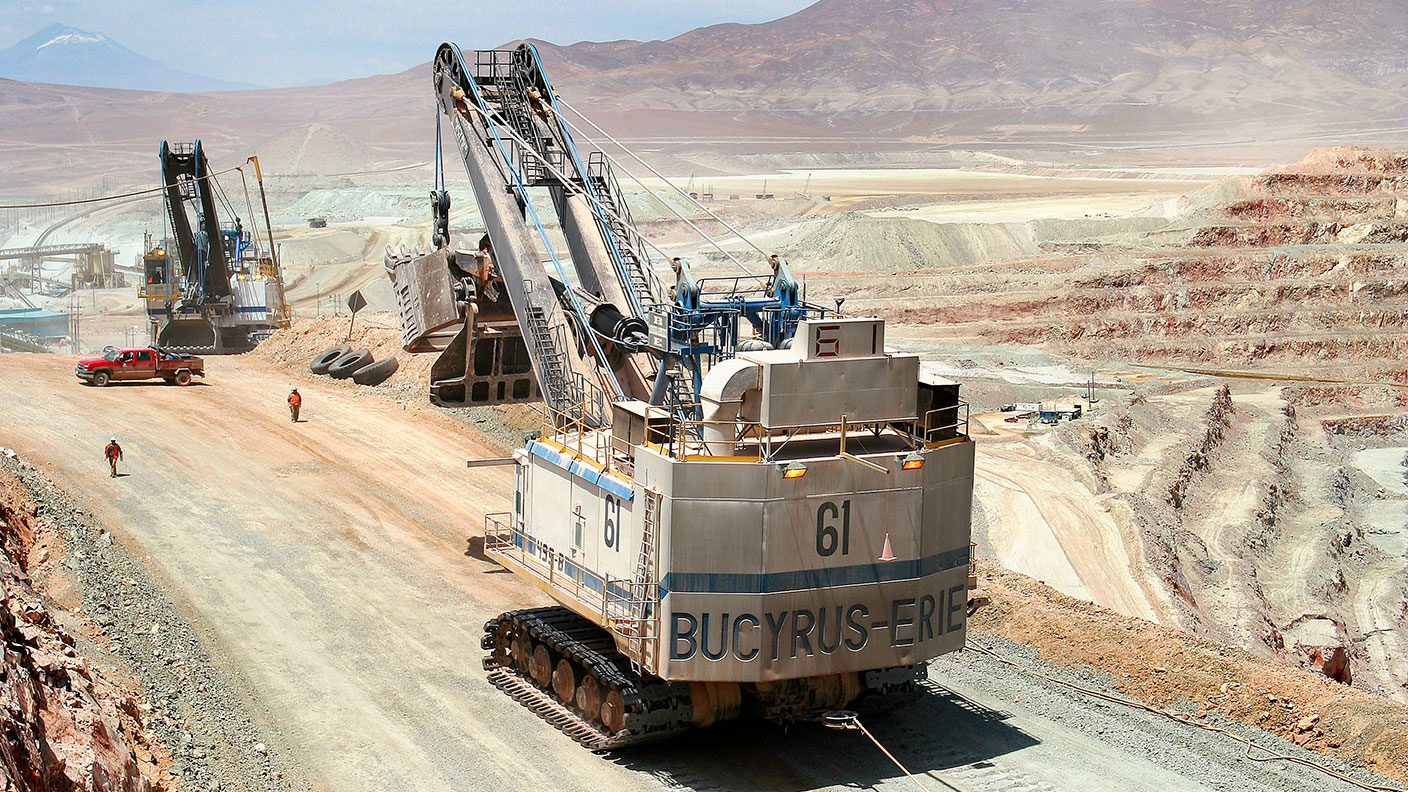 The natural resources industry is in a tight spot – which is bad news for the rest of us
The natural resources industry is in a tight spot – which is bad news for the rest of usOpinion The natural resources industry is in a bind. We need it to produce more energy and metals, but it has been starved of investment, plagued by supply chain issues, and hobbled by red tape. That’s bad news for everyone, says Dominic Frisby.
-
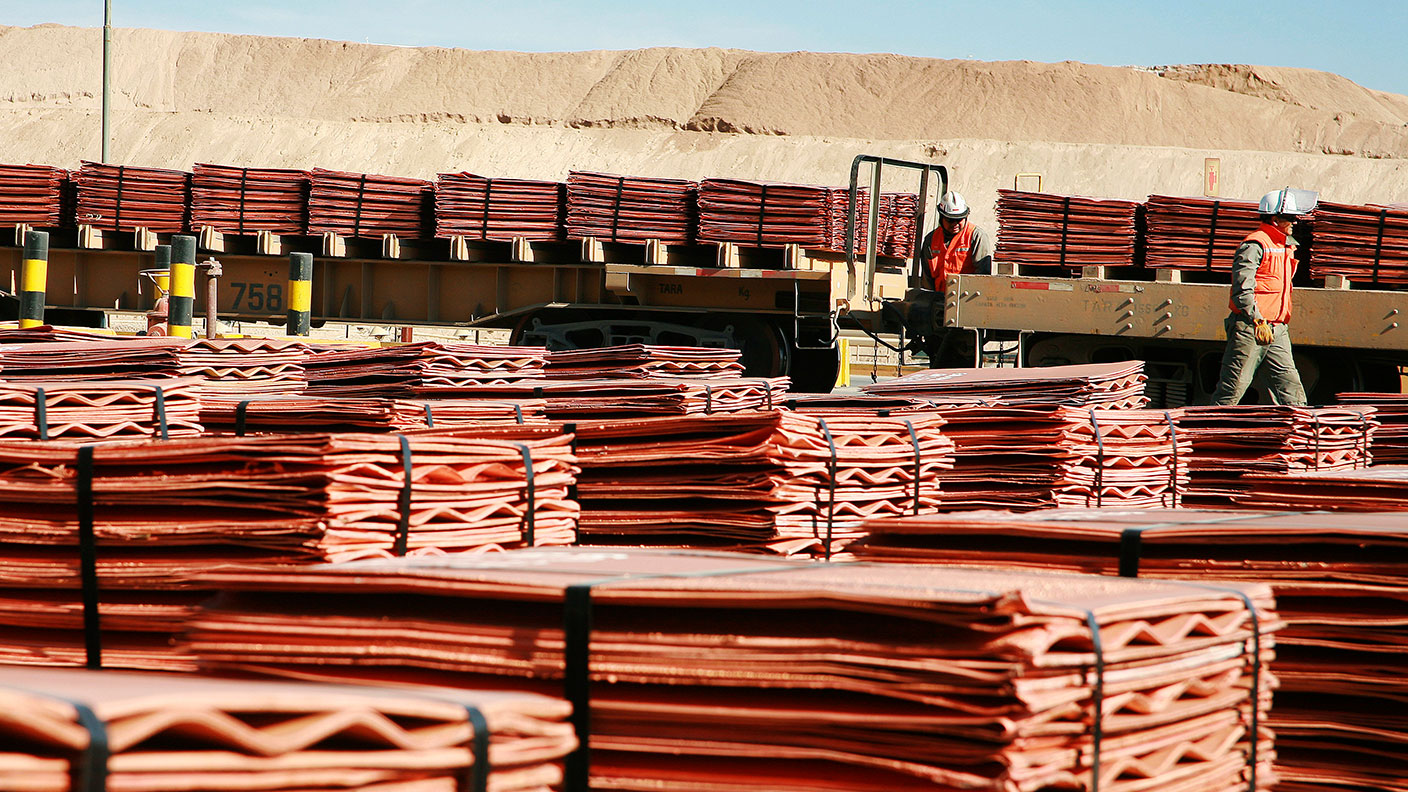 How to invest in the copper boom
How to invest in the copper boomTips The price of copper has slipped recently. But that’s temporary – the long-term outlook is very bullish, says Dominic Frisby. Here, he explains the best ways to invest in copper.
-
 Why investors should consider adding Glencore to their portfolios
Why investors should consider adding Glencore to their portfoliosTips Commodities giant Glencore is well placed to capitalise on rising commodity prices and supply chain disruption, says Rupert Hargreaves. Here’s why you should consider buying Glencore shares.
-
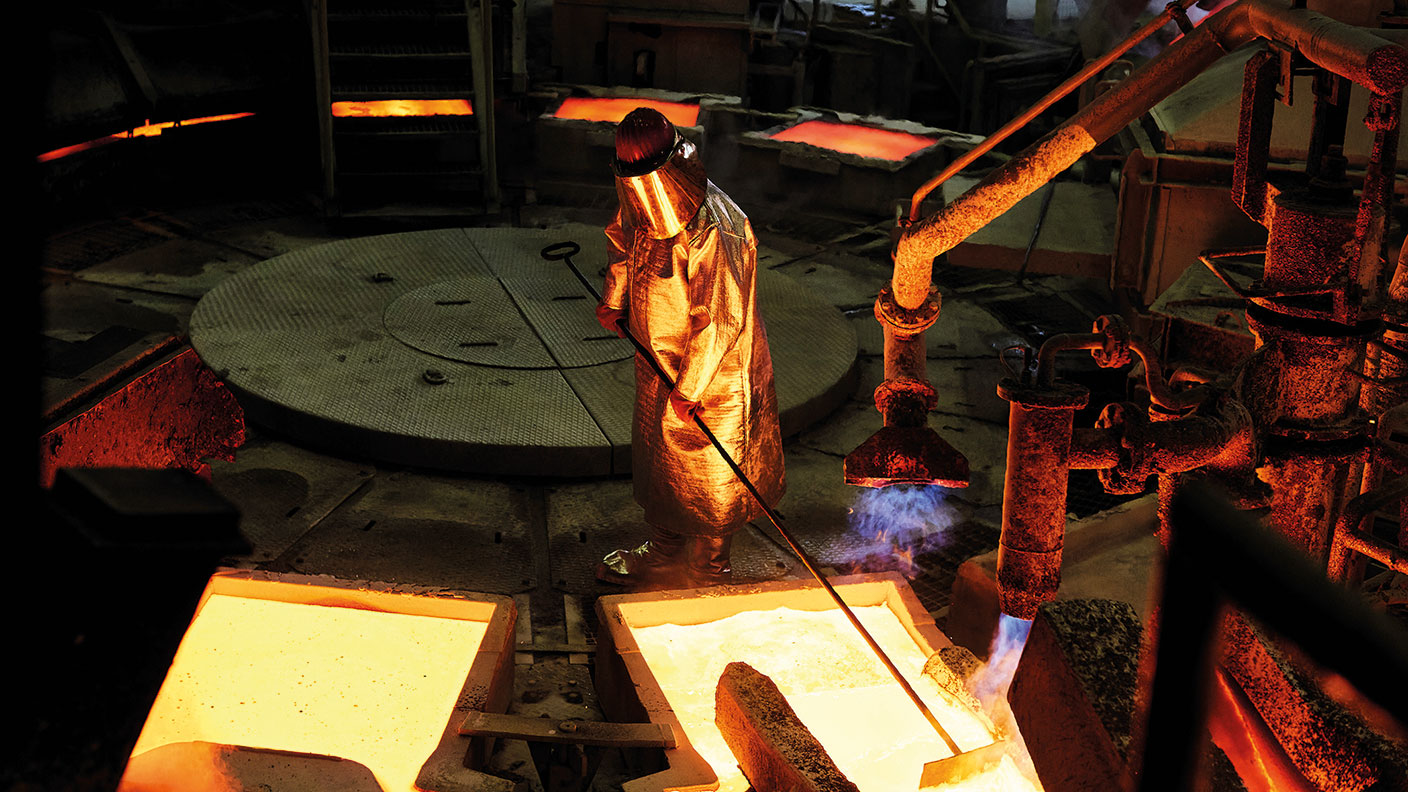 How to invest in the multi-decade boom in industrial metals
How to invest in the multi-decade boom in industrial metalsTips The price of key industrial metals has already begun to rise. The renewable energy transition will take them higher, says David Stevenson. Here's how to profit.
-
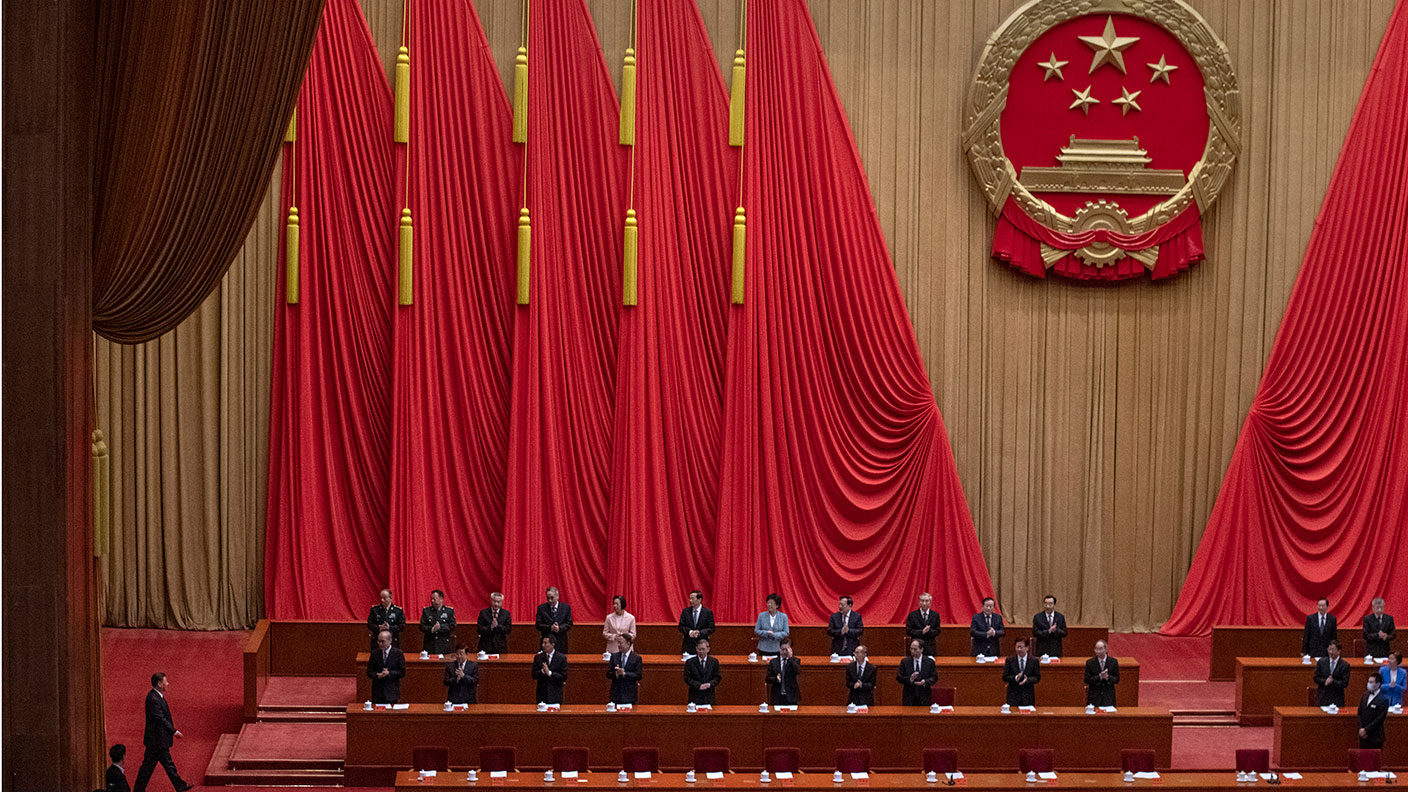 Avoid China’s stockmarket – here’s what to invest in instead
Avoid China’s stockmarket – here’s what to invest in insteadOpinion China’s stockmarket is not a good place for investors to be. But you can't just ignore the world's second-largest economy, says Dominic Frisby. Here, he picks an alternative China play.